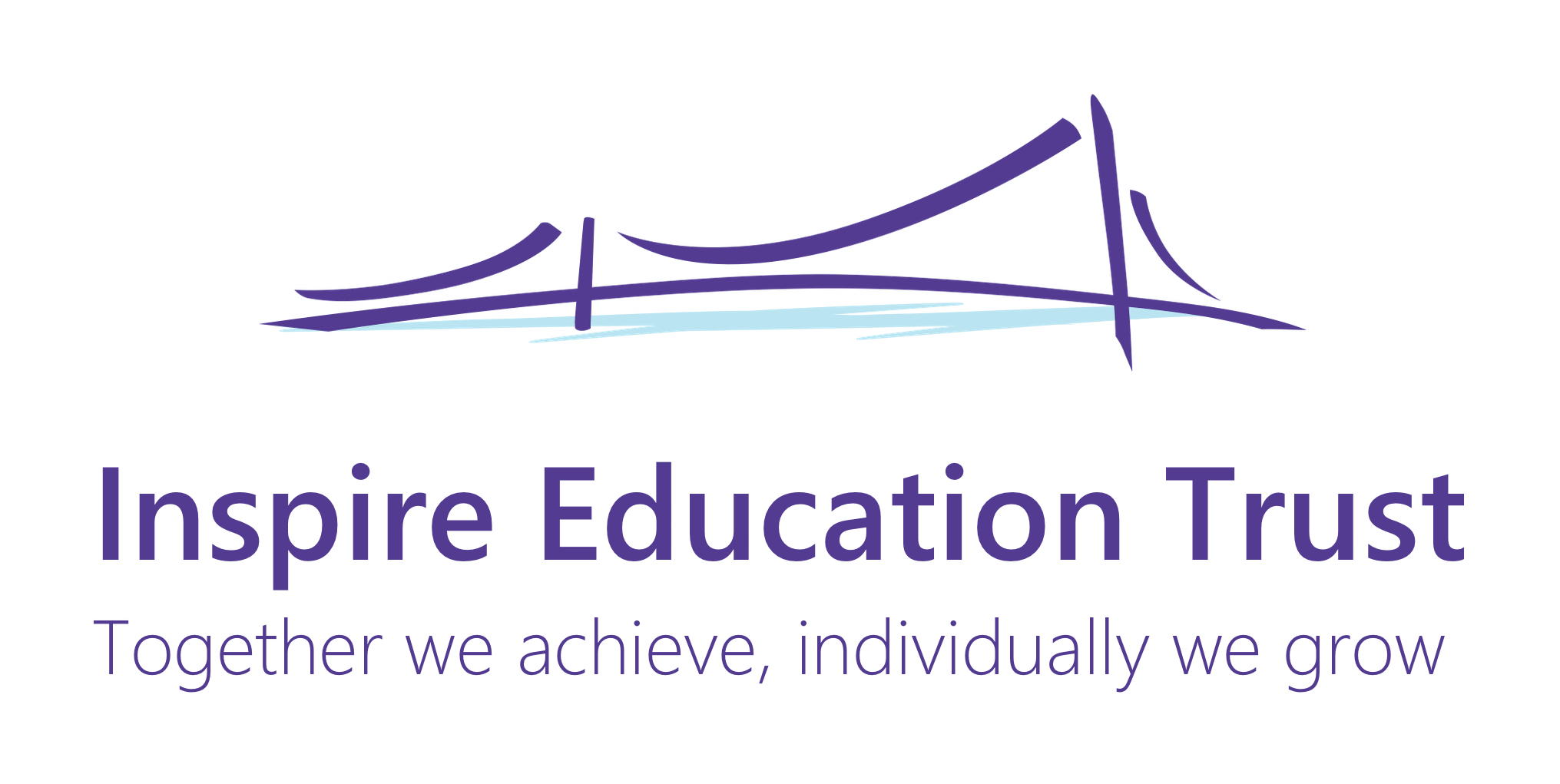Environmental and Sustainability
At Inspire Education Trust, we are steadfast in our commitment to environmental sustainability, aligning with the Government’s target to reduce direct emissions from public sector buildings by 75% by 2037. As the Department for Education (DfE) accounts for 37% of emissions from public sector buildings, we recognise the importance of our role in this effort.
Net Zero Goals
The DfE has set an ambitious target for the education sector to achieve net zero by 2050, with emissions targets for the sector being introduced from 2025. In line with this vision, we have developed a comprehensive Environmental Strategy to guide our efforts for the 2023-2028 period.
A Vision for Sustainability
Our work is inspired by the UK Government’s ‘Strategy for the Education and Children’s Services Systems’, published in April 2022. This strategy aspires for the United Kingdom to become a world leader in sustainability and climate change within the education sector by 2030.
Monitoring and Reporting
We adhere to rigorous sustainability standards and reporting requirements, including:
- Streamlined Energy and Carbon Reporting (SECR): Completing annual SECR submissions.
- Energy Savings Opportunity Scheme (ESOS): Participating in ESOS Phase 3 and implementing our action plan for 2023-2028.
- Salix Reporting: Submitting annual reports on energy usage and greenhouse gas (GHG) emissions related to Air Source Heat Pumps (ASHPs).
- TM44 surveys: Ensure the efficiency and environmental impact of air conditioning systems are assessed every 5 years. Display Energy Certificates – An annual document that shows a public building’s energy performance based on actual energy consumption over the past 12 months.
Avoid, Reduce, Substitute, Offset Framework
Our approach to emissions management is guided by the principles of Avoid, Reduce, Substitute, and Offset:
Avoid
We aim to prevent emissions at the source by:
- Encouraging flexible working to reduce travel-related emissions.
- Promoting green commuting options such as cycling, walking, or public transport.
- Using online meetings to minimise the need for travel.
- Locally manage the utility usage of hours.
Reduce
We focus on reducing energy and transport emissions through:
- Installing occupancy-based Passive Infrared (PIR) sensors to optimise lighting usage.
- Maintaining efficient operations, such as ensuring correct tyre pressure on minibuses to enhance fuel efficiency.
Substitute
Where feasible, we substitute high-emission energy sources with sustainable alternatives, such as:
- Replacing gas boilers with electric Air Source Heat Pumps.
- Investing in renewable energy sources.
Offset
While we strive to minimise emissions, we acknowledge that some residual emissions are unavoidable. In such cases, we pursue responsible carbon offsetting initiatives, such as partnering with suppliers who plant trees for purchases exceeding certain thresholds. Although we avoid ‘greenwashing’, we view offsetting as a legitimate step when combined with robust emissions reduction measures.
- Replacing high-carbon services with low-carbon alternatives i.e. oil and gas to electricity.
Building a Sustainable Future
Inspire Education Trust is dedicated to fostering a sustainable future for our communities, ensuring our actions align with broader national and global environmental goals. Together, we can make a meaningful impact on the journey to net zero.
Discover how Clever Carbon is making carbon literacy engaging and actionable to help individuals and organisations reduce their environmental impact.
Case Study
Please see below explore our case study on Blue Coat Church of England School’s transition to Air Source Heat Pumps (ASHPs). Learn how the school replaced ageing gas boilers with renewable energy solutions, tackled challenges, secured funding, and achieved a more sustainable and efficient heating system, all while reducing its carbon footprint.
